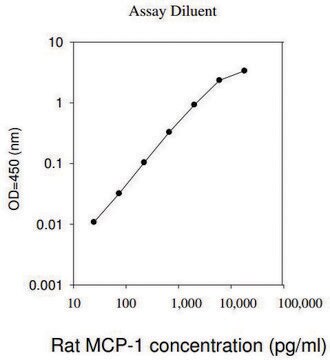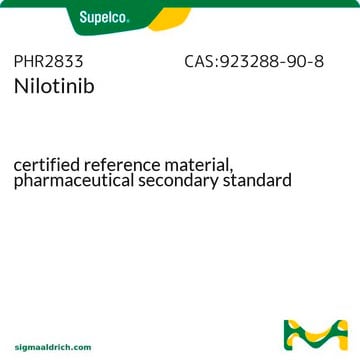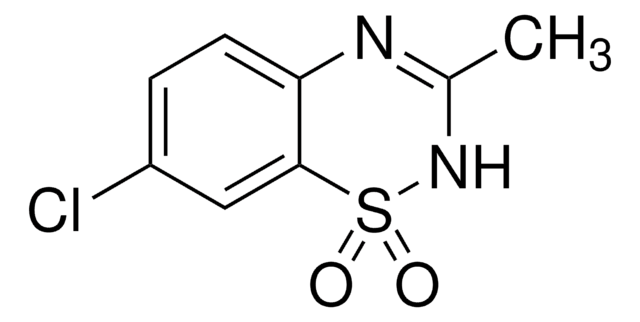RAB0116
Human GRO-α / CXCL1 ELISA Kit
for serum, plasma, cell culture supernatant and urine
Sign Into View Organizational & Contract Pricing
All Photos(2)
About This Item
UNSPSC Code:
41116158
NACRES:
NA.32
Recommended Products
species reactivity
human
packaging
kit of 96 wells (12 strips x 8 wells)
technique(s)
ELISA: suitable
capture ELISA: suitable
input
sample type plasma
sample type urine
sample type serum
sample type cell culture supernatant(s)
assay range
inter-assay cv: <12%
intra-assay cv: <10%
sensitivity: 2 pg/mL
standard curve range: 1.37-1000 pg/mL
detection method
colorimetric
shipped in
wet ice
storage temp.
−20°C
Gene Information
human ... CXCL1(2919)
General description
The Human GRO-α (Growth Regulated Oncogene-α) ELISA (Enzyme-Linked Immunosorbent Assay) kit is an in vitro enzyme- linked immunosorbent assay for the quantitative measurement of human GRO-α in serum, plasma, cell culture supernatants and urine.
Immunogen
Recombinant Human GRO-α
Application
For research use only. Not for use in diagnostic procedures.
Please refer to the attached General ELISA KIT Procedure (sandwich, competitive & Indirect ELISA)
Please refer to the attached General ELISA KIT Procedure (sandwich, competitive & Indirect ELISA)
Other Notes
A sample Certificate of Analysis is available for this product.
Please type the word sample in the text box provided for lot number.
Please type the word sample in the text box provided for lot number.
Signal Word
Warning
Hazard Statements
Precautionary Statements
Hazard Classifications
Met. Corr. 1
Storage Class Code
8A - Combustible corrosive hazardous materials
Choose from one of the most recent versions:
Already Own This Product?
Find documentation for the products that you have recently purchased in the Document Library.
Ziwei Zhou et al.
Frontiers in pharmacology, 13, 870178-870178 (2022-07-06)
The combination of immunotherapy with platinum-based chemotherapy has become the first-line treatment for patients with advanced non-small cell lung cancer (NSCLC) with negative driver gene mutations. However, finding an ideal chemotherapeutic regimen for immunotherapy and exploring the underlying mechanism have
Dominika Nackiewicz et al.
Nephron. Experimental nephrology, 126(3), 141-147 (2014-05-24)
Lipoprotein abnormalities are associated with a rapid decline in renal function in patients of chronic kidney disease. In addition, hyperlipidemia is associated with an increased risk of developing renal insufficiency. The underlying molecular mechanisms for these clinical findings are unclear.
Syed A Khurram et al.
Journal of oral pathology & medicine : official publication of the International Association of Oral Pathologists and the American Academy of Oral Pathology, 43(9), 667-674 (2014-06-27)
Chemokines regulate physiological and pathological leucocyte trafficking, and chemokine receptors play a role in tumorigenesis. Expression of interleukin-8 (IL-8) receptors CXCR1 and CXCR2 has been shown in oral squamous cell carcinoma (OSCC) but remains poorly characterised. This aim of this
Elvira L Liclican et al.
Cancer prevention research (Philadelphia, Pa.), 7(8), 845-855 (2014-06-11)
Understanding the molecular pathogenesis of lung cancer is necessary to identify biomarkers/targets specific to individual airway molecular profiles and to identify options for targeted chemoprevention. Herein, we identify mechanisms by which loss of microRNA (miRNA)125a-3p (miR125a) contributes to the malignant
Michael D Diem et al.
Protein engineering, design & selection : PEDS, 27(10), 419-429 (2014-05-03)
Alternative scaffold molecules represent a class of proteins important to the study of protein design and mechanisms of protein-protein interactions, as well as for the development of therapeutic proteins. Here, we describe the generation of a library built upon the
Our team of scientists has experience in all areas of research including Life Science, Material Science, Chemical Synthesis, Chromatography, Analytical and many others.
Contact Technical Service








